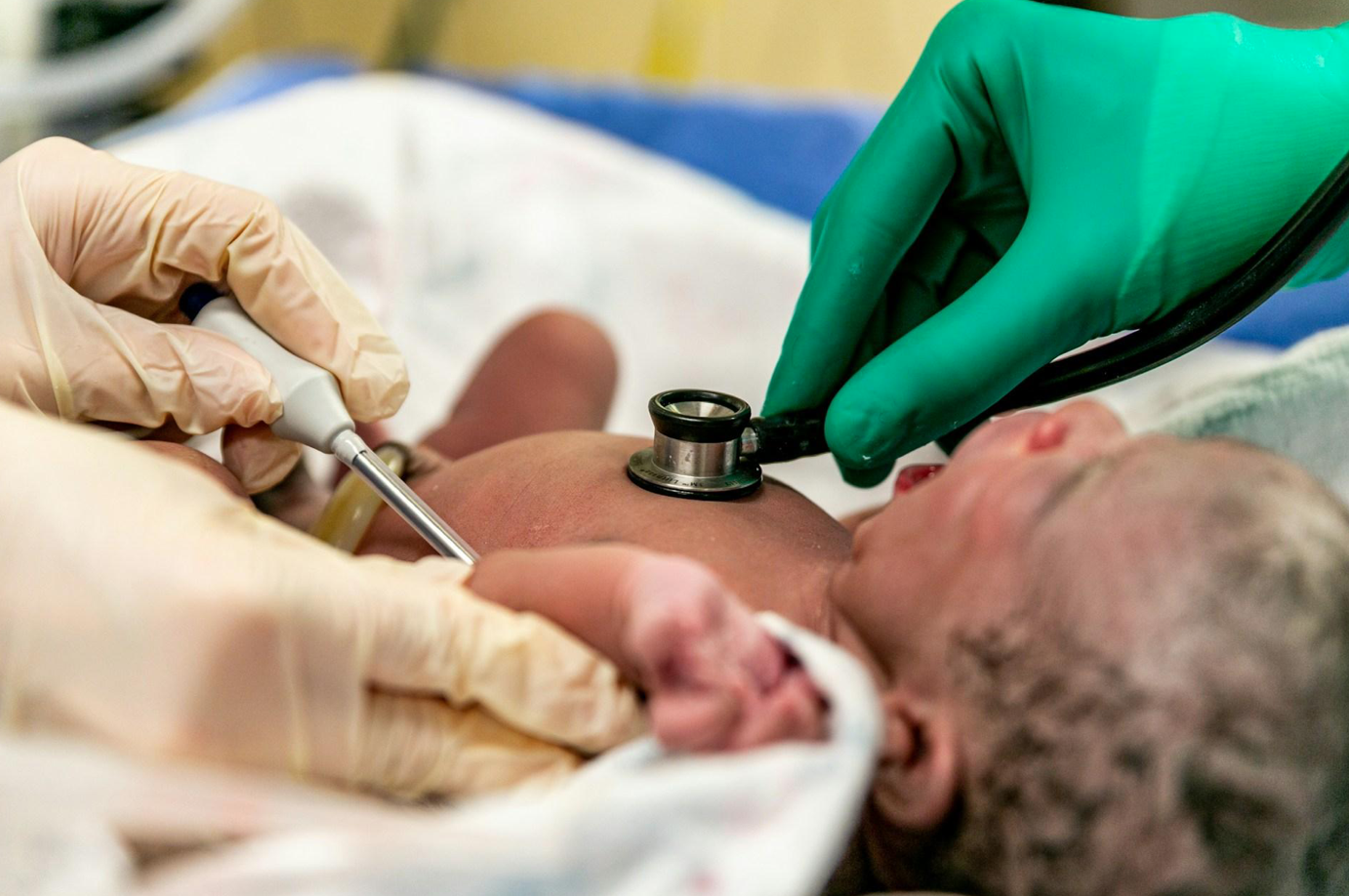Planning for future needs is crucial for ensuring the child receives the necessary support throughout their life.
Birth injuries are a tragic way to start a family. They can have deep and lasting effects on both the child and their family. When a birth injury results from negligence or medical malpractice, parents may be entitled to seek compensation to cover various costs and damages. If you’re facing such a challenging situation, it’s important to understand the different types of compensation you can pursue. Schedule a consultation with Goldwater Law to explore your legal options and receive expert guidance tailored to your case.
Economic Damages: Covering the Financial Impact
Economic damages refer to compensation for measurable financial losses incurred due to the birth injury. These damages address the tangible costs associated with the injury and the ongoing needs of the affected child. Parents can seek compensation for:
- Medical Expenses: This category includes all past and expected future medical costs related to the birth injury. It covers hospital stays, surgeries, medications, physical therapy, and any specialized care needed.
- Rehabilitation Costs: If the child requires ongoing physical, occupational, or speech therapy, these expenses can be substantial. Economic damages help cover the cost of these therapeutic services.
- Specialized Equipment: Some birth injuries may necessitate the use of specialized medical equipment or assistive devices. Compensation can cover the purchase or rental of these items.
- Home Modifications: In severe cases, home modifications, such as wheelchair ramps or accessible bathrooms, may be necessary to accommodate the child’s needs.
- Lost Wages: If a parent must reduce their work hours or leave their job to care for their child, they can seek compensation for lost income. This also includes any future lost earning capacity if the parent needs to forego career opportunities.
Understanding these economic damages can help parents anticipate the financial implications of a birth injury and seek appropriate compensation.
Non-Economic Damages: Addressing Emotional and Psychological Impact
Non-economic damages address the intangible suffering and emotional distress caused by a birth injury. These damages are less straightforward to quantify but are essential in providing comprehensive compensation. Parents can claim:

- Pain and Suffering: This compensation reflects the emotional and physical pain experienced by the child and their family. It acknowledges the significant distress caused by the injury and the resulting impact on the quality of life.
- Emotional Distress: Parents often endure significant emotional strain as they cope with their child’s condition. Non-economic damages can address the psychological toll on the parents, including anxiety, depression, and emotional suffering.
- Loss of Enjoyment of Life: The injury may affect the child’s ability to participate and enjoy normal activities and hobbies. This type of compensation acknowledges the loss of a fulfilling life for the child and their family.
- Loss of Consortium: This compensation covers the impact on the family’s relationships, including the strain on marital relationships and parental bonds due to the injury.
Non-economic damages recognize the profound, intangible effects of birth injuries and aim to provide relief for the emotional and psychological burden.
Long-Term Care and Support Costs
Birth injuries can lead to lifelong challenges, requiring ongoing care and support. Understanding the types of compensation available for long-term care can help families plan for the future.
- Future Medical Needs: Compensation can cover anticipated future medical expenses, including surgeries, ongoing therapies, and any new treatments that may become necessary over time.
- Long-Term Rehabilitation: Ongoing therapy and rehabilitation may be needed to manage the child’s condition. Compensation can account for these long-term therapeutic needs.
- Educational Support: If the injury affects the child’s ability to learn, special educational services or accommodations may be required. Compensation can help cover the costs of specialized educational programs and resources.
Planning for these future needs is crucial for ensuring the child receives the necessary support throughout their life.
Legal Considerations: Working with a Birth Injury Lawyer
Handling a birth injury lawsuit requires specialized knowledge of medical malpractice and personal injury law. A birth injury lawyer can help you understand your rights, assist with gathering evidence, and negotiate with insurance companies to secure fair compensation.
If you’re dealing with a birth injury, schedule a consultation with Goldwater Law. Their experienced team will guide you through your options and work to obtain the compensation you deserve.
In conclusion, knowing the types of compensation you can claim is crucial for addressing your child’s and family’s needs. With the right legal support, you can pursue all available damages and work toward a more secure future.


Join the conversation!